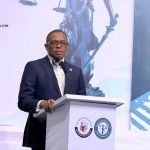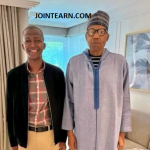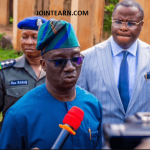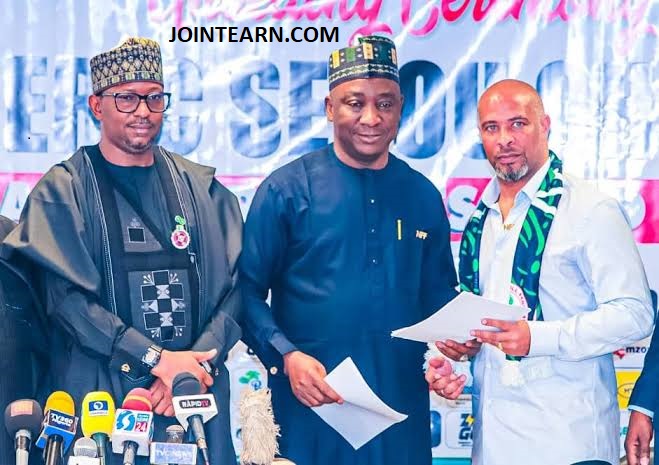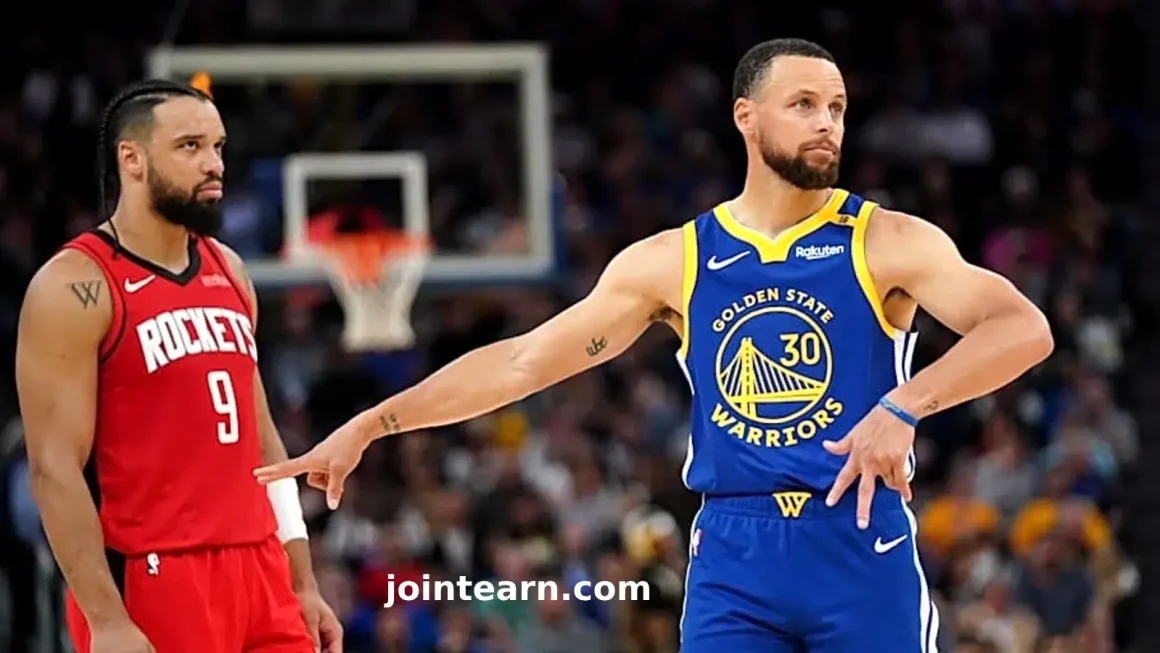The Nigeria Football Federation (NFF) has confirmed that the newly appointed head coach of the Super Eagles, Eric Chelle, has had his salary paid upfront in full, laying to rest concerns over potential financial delays that have plagued the national team setup in recent years. This disclosure was made by former League Management Company (LMC) chairman and respected football administrator, Shehu Dikko, who praised the proactive step as a positive sign of a new era of professionalism and commitment to the national team’s development.
Speaking during a media engagement in Abuja, Dikko emphasized that ensuring Chelle was paid ahead of time demonstrates the seriousness of the NFF’s vision to restore the Super Eagles to continental and global prominence. According to him, this action also aims to build trust between the Federation and its technical crew, an area that has historically been fraught with tension due to delayed salaries and poor contractual management.
A New Era for Nigerian Football?
Eric Chelle, a former Mali international and experienced coach with stints in both Africa and Europe, was announced as the Super Eagles’ head coach earlier this year, following a string of underwhelming performances that left fans disappointed and critics calling for change. His appointment was seen as part of a broader strategy by the NFF to rebuild the national team with a focus on tactical discipline, youth development, and long-term planning.
Shehu Dikko noted that Chelle’s contract includes transparent financial terms and timely remuneration, all of which are fully guaranteed and honored from the outset. “For the first time in a long while, we have seen a deliberate effort to respect the terms of engagement with a national team coach. The NFF made sure that everything, including his salary, was paid in full upfront. This is a significant step forward,” Dikko said.
Past Woes Over Salaries
The issue of unpaid salaries and bonuses has long been a sore spot in Nigerian football. Former coaches, including Gernot Rohr and even indigenous tacticians like Stephen Keshi and Sunday Oliseh, have often had to deal with months of unpaid wages, leading to public spats and, in some cases, early contract terminations.
This legacy of financial instability contributed to a perception of unprofessionalism within the NFF and was widely believed to be a factor in the national team’s inconsistent performances. The decision to pay Chelle upfront is therefore being interpreted by stakeholders as an attempt to rebuild trust and show commitment to a stable coaching environment.
“It’s not just about paying a coach,” Dikko continued. “It’s about signaling a new culture of accountability. The players, coaching staff, and fans need to see that things are changing at the top level. Football is serious business, and if we want results, we must act accordingly.”
Reactions from the Football Community
News of Chelle’s upfront salary payment has drawn mixed reactions from different quarters. Some have lauded the move as long overdue, while others remain cautiously optimistic, noting that one instance of proactive management does not erase years of poor financial practices.
Nigerian football pundit and former international, Victor Ikpeba, praised the development, saying, “If the NFF continues in this direction, we might begin to see real progress. Coaches should be able to focus on their work without worrying about when they’ll be paid. This shows respect, and that’s how you attract quality.”
On the other hand, some fans have questioned the lack of similar financial commitment in the past and are demanding that the NFF extend the same level of professionalism to player bonuses, youth team programs, and the women’s national teams, who have also faced funding issues.
Chelle’s Task Ahead
With financial matters seemingly under control, attention now turns to Eric Chelle’s performance and his ability to turn around the fortunes of the Super Eagles. Nigeria’s recent failure to qualify for the 2022 FIFA World Cup and their inconsistent showing at the 2023 Africa Cup of Nations have left a lot of work to be done.
Chelle’s immediate mandate includes qualifying the team for the 2025 Africa Cup of Nations and preparing a competitive squad for the 2026 FIFA World Cup qualifiers. He is also expected to revamp the team’s tactical structure, integrate young and emerging talents from the domestic league and abroad, and rebuild confidence among fans.
Sources within the NFF suggest that Chelle has already submitted a detailed technical blueprint outlining his strategy for team selection, player development, and backroom staff appointments. His first official outing with the team is expected in the coming months, during an international friendly against a top-ranked African side.
NFF’s Commitment to Reform
Shehu Dikko concluded his remarks by calling for consistent reforms within the NFF, especially in areas of contract enforcement, player welfare, and grassroots football development. He emphasized that while paying Chelle upfront is a commendable start, sustaining this level of professionalism across all levels of Nigerian football remains the ultimate goal.
“We can’t go back to the old ways. Let this be the standard – not the exception. If we are serious about winning, we must be serious about structure, planning, and execution,” Dikko stressed.
As fans eagerly await Chelle’s debut on the touchline, the symbolic gesture of an upfront salary payment may very well mark the beginning of a more disciplined and organized chapter in the history of Nigerian football—one that restores both pride and results for the Super Eagles.
